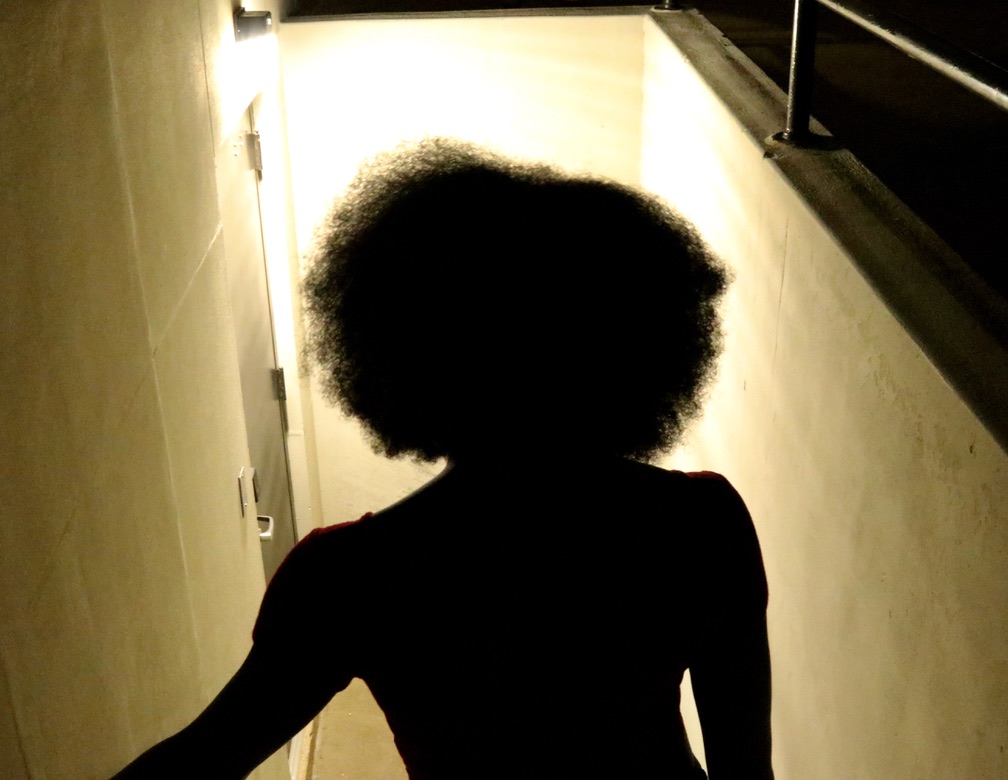In 1848, a convention that is often called the birthplace of American feminism, took place. It did not include Black women.
In 1913, a women’s suffrage parade that would greatly influence the decision to allow women to vote in the 1920’s happened. It did not include Black women.
While we have taken several strides in 2021, there is still a difference between feminism and Black feminism.
In a society where we are still fighting whether the statement “Black lives matter” is true or not. In a society where women are still fighting to be taken seriously and to have equal wages, Black women must navigate the issues, all while wondering if the issues we face are even real.
I grew up in a predominantly white Christian school. I attended this school from kindergarten all the way to high school. When I was 16, I got my first boyfriend. While he was also African American he would oftentimes post the acronym ‘WWO,’ or ‘White Women Only’.
I was told several times that the only reason he was with me was because I wasn’t really Black. That somehow because of the way I acted or because of the way I dressed I did not fully qualify as a Black woman.
When I was 18 I decided to try again. My second boyfriend was white, and on our second date he had already moved on much further than I was ready for.
“I thought all Black girls would be fine with doing it,” he said referring to intercourse with me.
He tried to sexually assault me shortly after.
Black women deal not only with demonization but also with hyper-sexualization. If we are not perceived as angry and masculine, we are seen as easy and pretentious.
I ask myself every day if those men would have done the same thing if I were any other race, followed by the question of why I allowed it.
If I stood up for myself, would I just fit the stereotypes of another angry Black woman? And if I allowed it would I have proved that all Black women are hyper-sexual? My whole life I have been silent on these issues, but now I bring them to light.
In the workplace, Black women are perceived as unprofessional for the way they wear their hair. This was such an issue that they had to pass the CROWN act which is a law that prohibits discrimination based on hair. This law was made to protect Black women from being victims of discrimination based solely on our hair.
Black women often strive for excellence, because we feel as though we cannot be mediocre. We are racing to prove our worth, without realizing we are already worthy. In a world that feels like it is against us, we strive to be strong, do more and overcome all things.
However, even the statement Black excellence assumes that Black people are not in some way excellent already. Why does it have to be something we achieve, instead of just being something we are?
We are not fighting to be above others, but to be equal to others.
I believe that Black feminism needs much more attention than it receives. I am not here to prove that Black women have it harder, but that we experience things differently.
So next time you consider feminism, consider us too.

